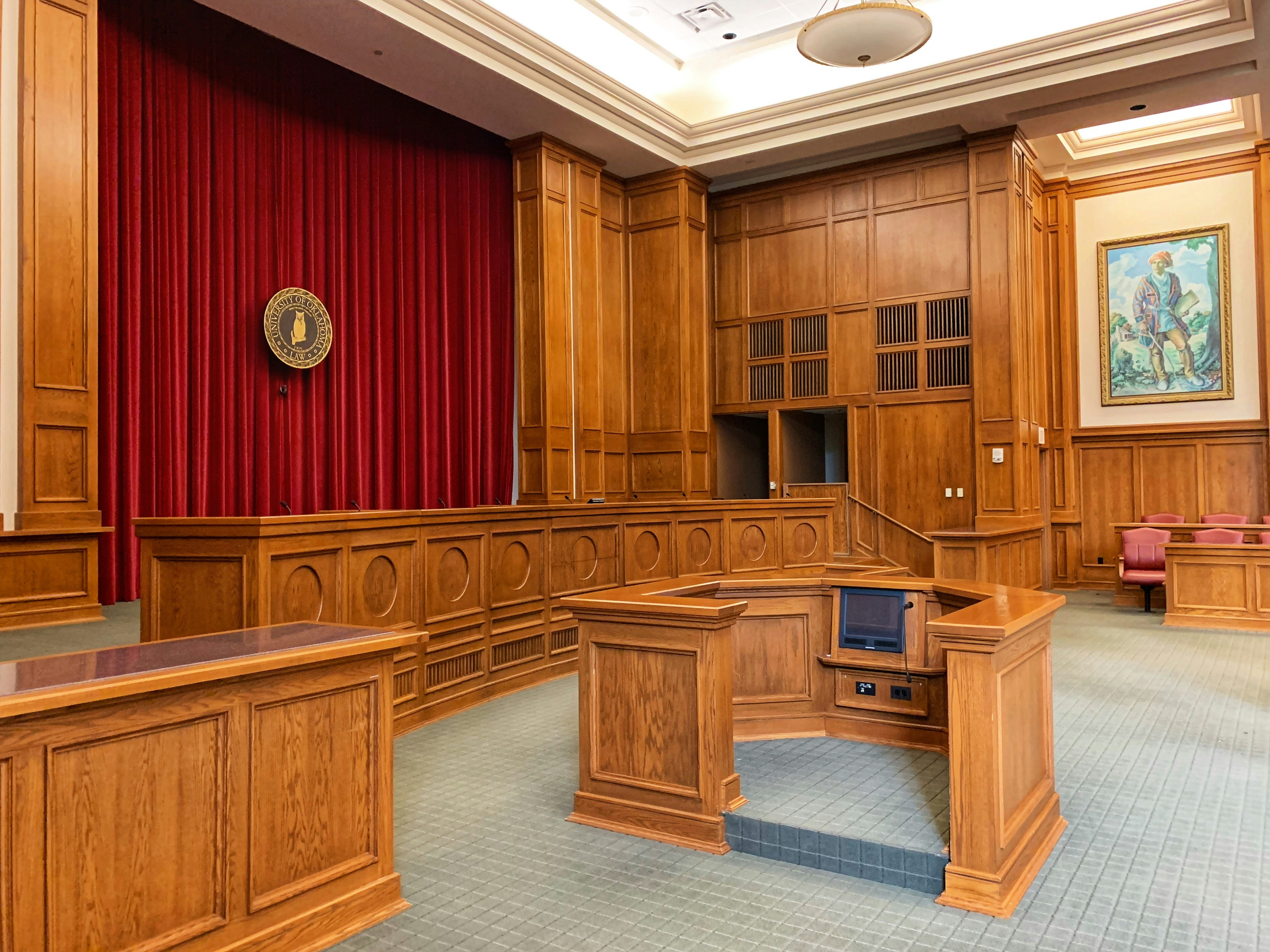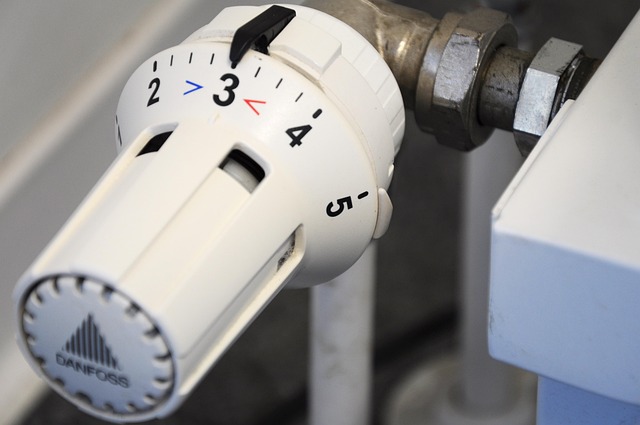Assessing the Influence of Social Media on Election Laws
In recent years, the role of social media in election processes has become a topic of significant debate. This article explores the legal and policy implications of social media's increasing influence on elections, focusing on how the law is adapting to this new reality.

Understanding the Evolution of Election Laws
Election laws have long guided the conduct of political campaigns and voting processes. Historically, these laws primarily focused on issues like voter eligibility, campaign financing, and the prevention of voter fraud. However, the advent of the internet and social media platforms has necessitated a reevaluation of these laws, as these technologies have fundamentally altered the way election campaigns are run.
The Role of Social Media in Elections
In the digital age, social media platforms such as Facebook, Twitter, and Instagram have become powerful tools for political campaigns. These platforms allow candidates and parties to communicate directly with voters, mobilize supporters, and disseminate campaign messages. However, the lack of regulation and the anonymous nature of the internet have also opened the door to misinformation, foreign interference, and other malpractices that can undermine the integrity of elections.
Legal Responses to the Social Media Challenge
In response to these challenges, legislators and policymakers have begun to explore ways to incorporate social media platforms into election laws. Some countries have introduced legislation requiring transparency in online political advertising. Others have proposed laws to combat the spread of misinformation. However, these measures are not without controversy. Critics argue that such laws may infringe on free speech rights, while others caution that they may not be effective in addressing the complexities of the digital world.
The Impact on Society and the Democratic Process
The influence of social media on election laws has profound implications for society and the democratic process. On the one hand, social media platforms can enhance democracy by facilitating political participation and fostering open discussion. On the other hand, the potential for misinformation and manipulation poses serious risks to the integrity of elections. As such, striking the right balance between regulation and freedom of speech is a critical challenge for lawmakers and society at large.
In conclusion, the intersection of social media and election laws is a complex and evolving issue. As technology continues to reshape our political landscape, our legal frameworks must adapt accordingly while preserving the fundamental principles of democracy.




